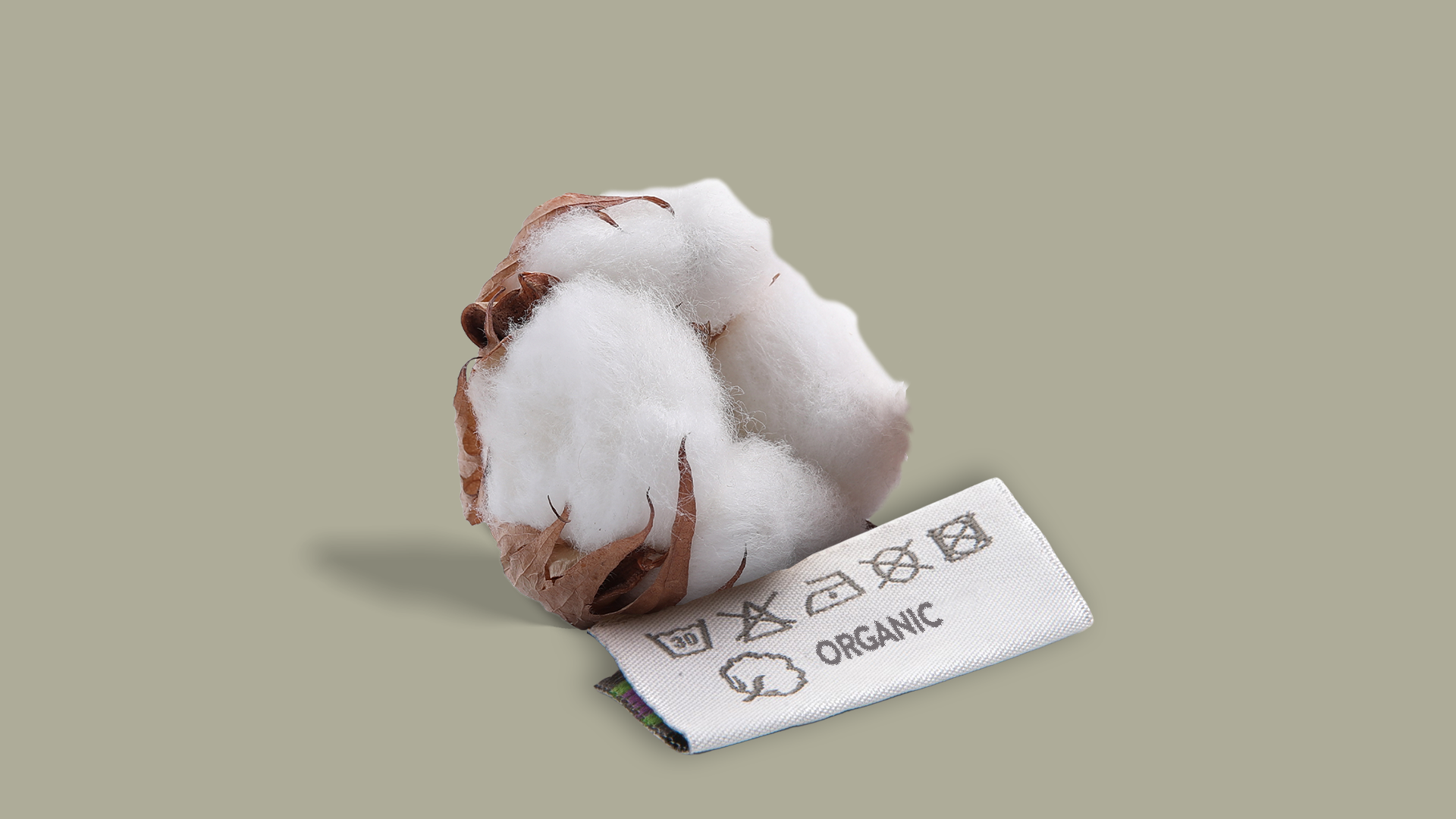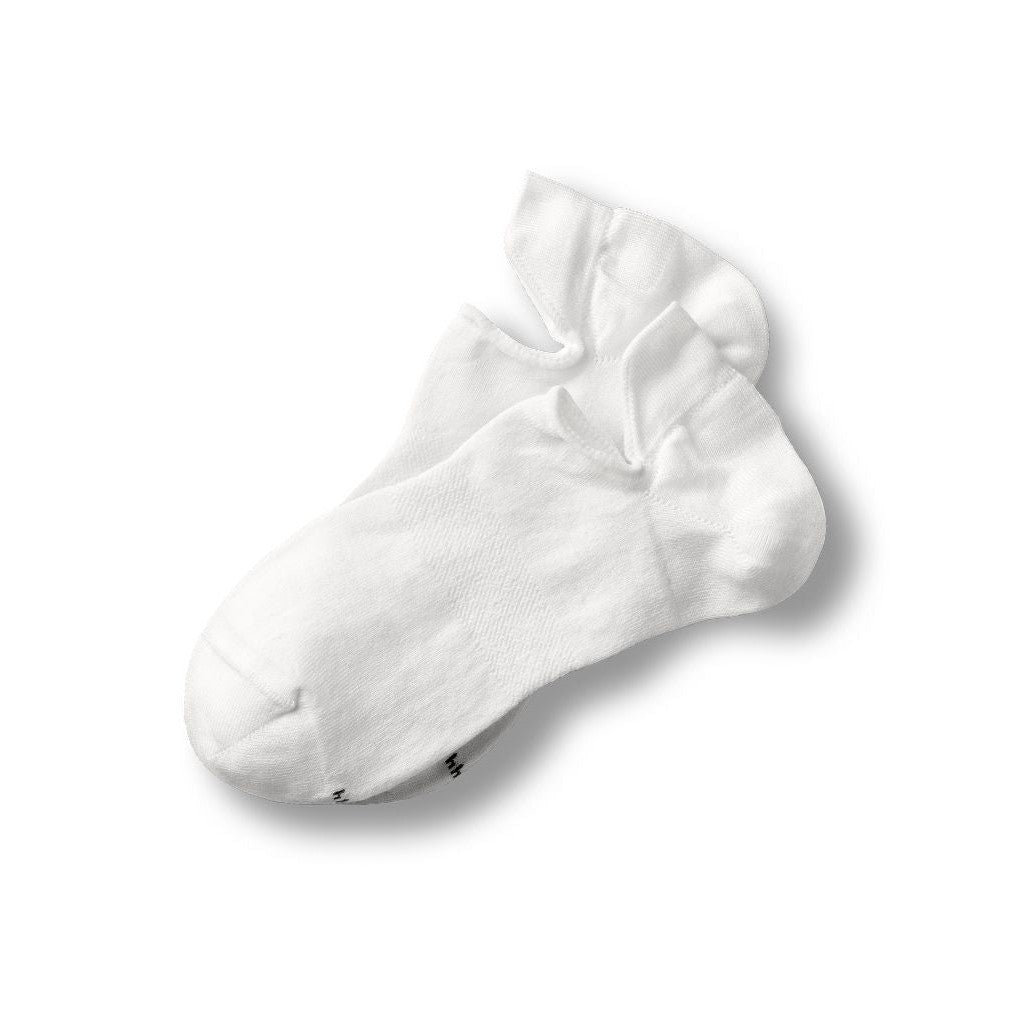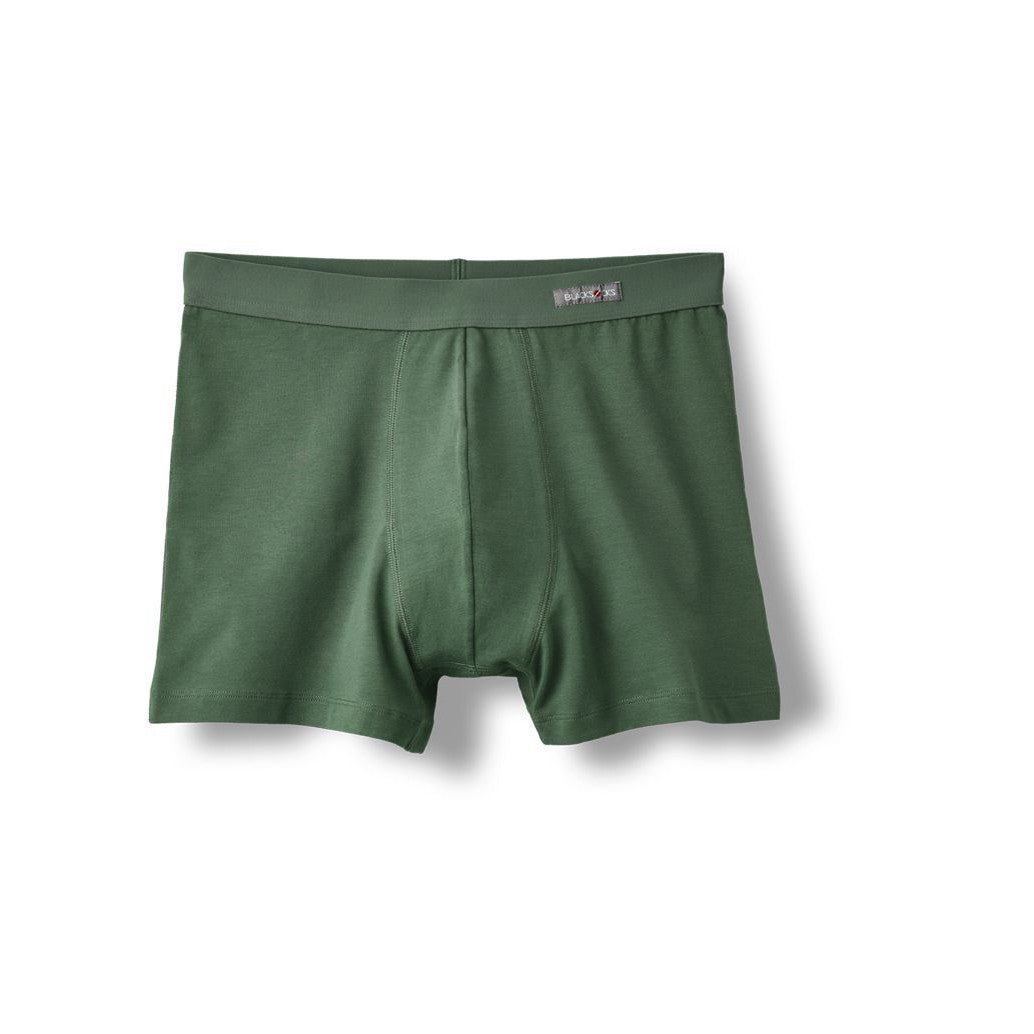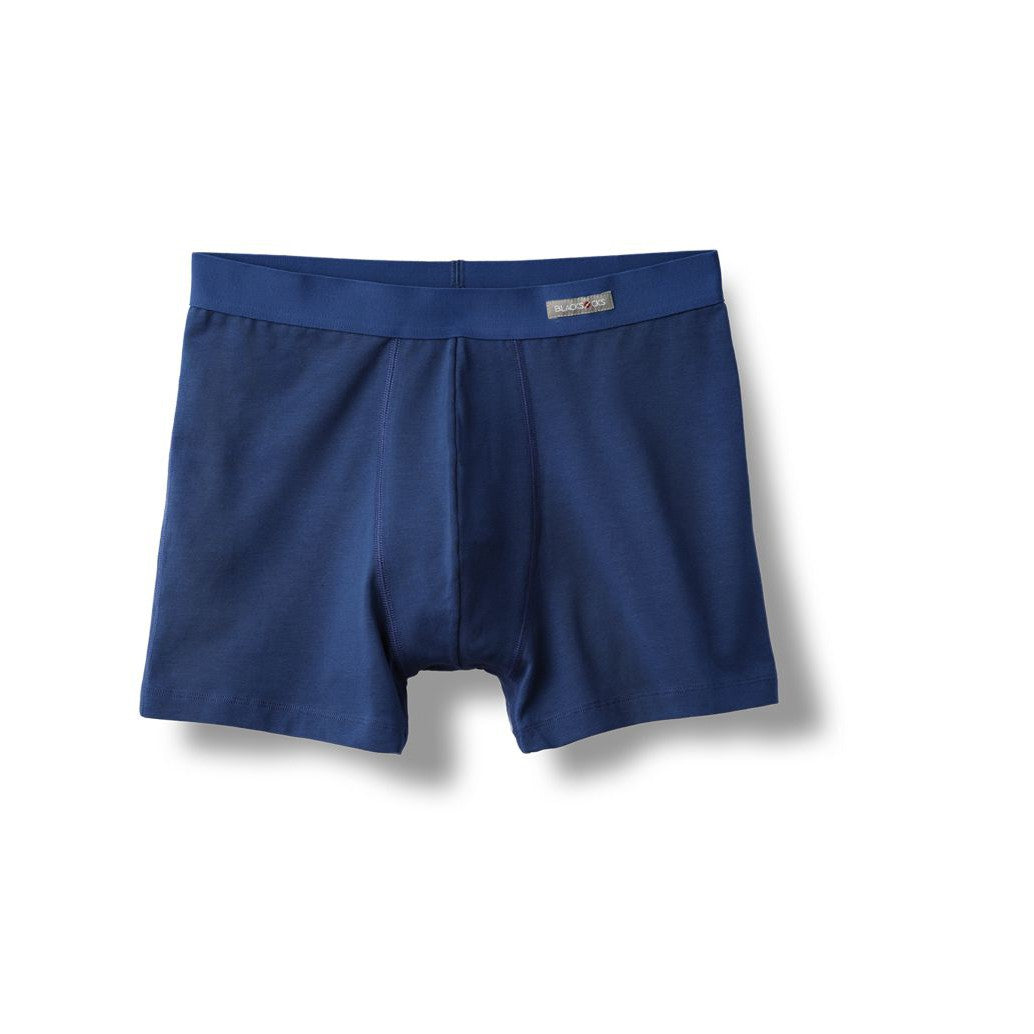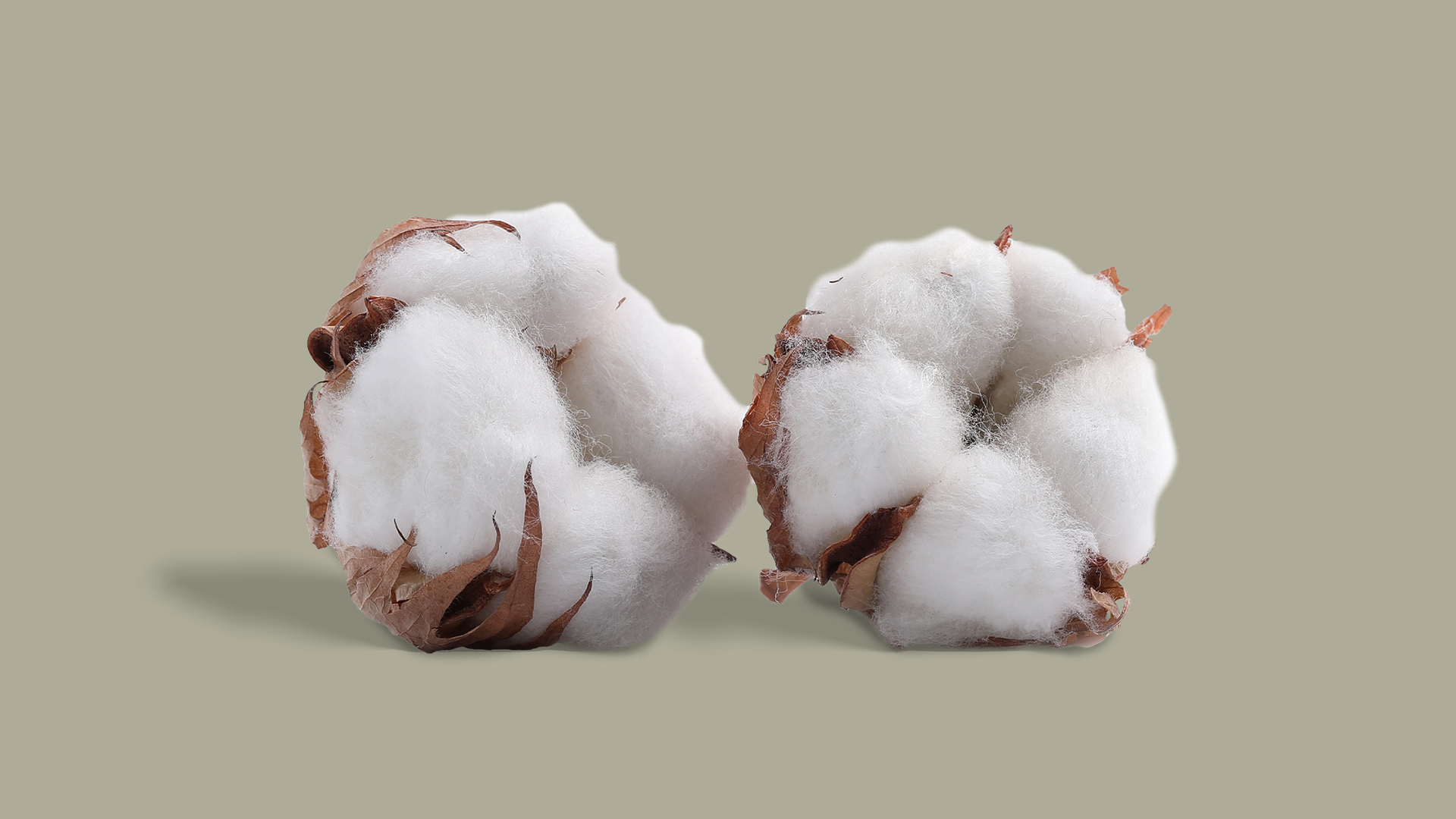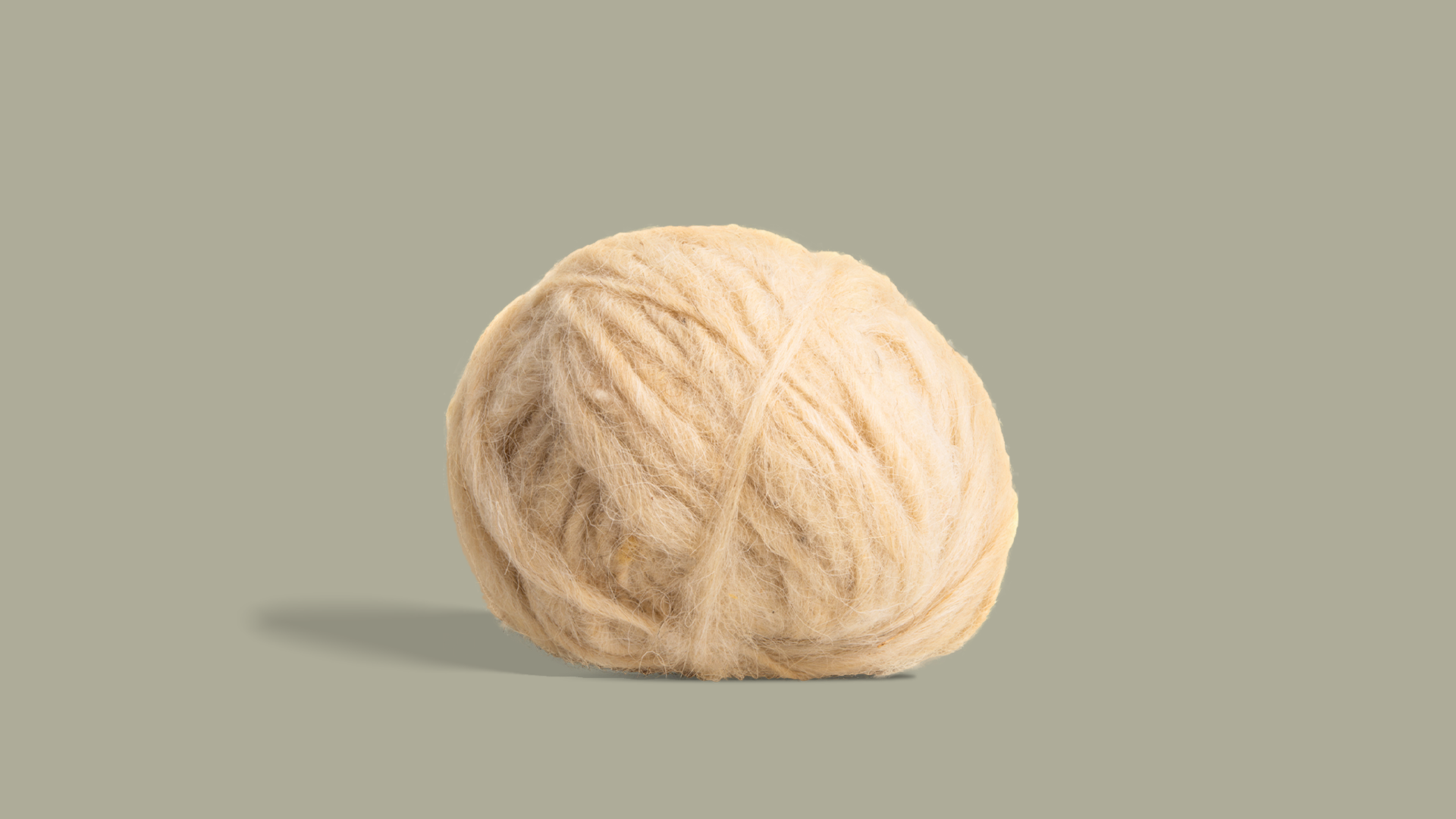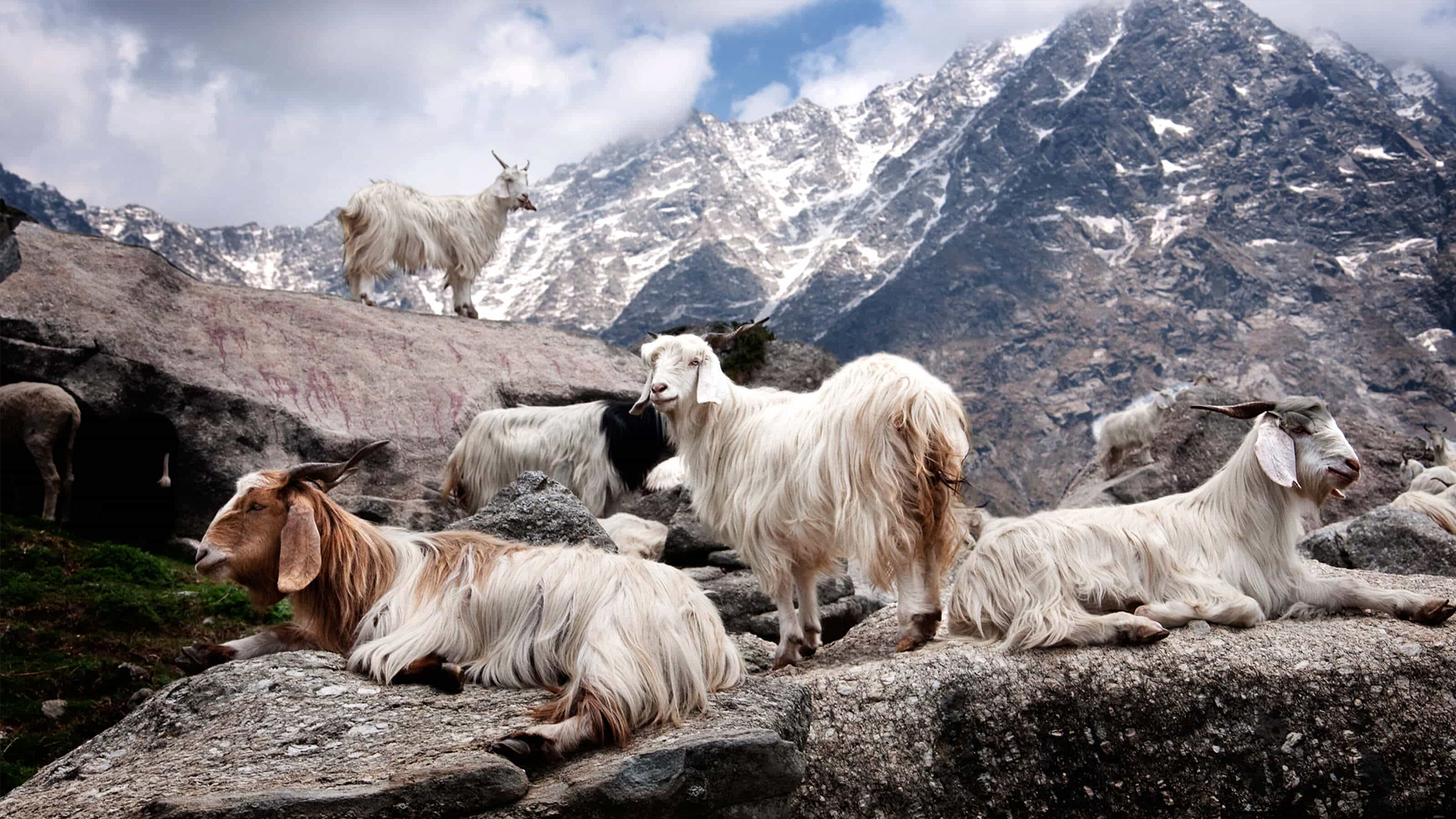Organic cotton
More and more organic cotton is finding its way into textiles. On the label, only a few letters make the difference. In reality, there is a world of difference between organic cotton and normal cotton.
Organic cotton had to overcome a few hurdles to be allowed to call itself organic. Genuine organic cotton protects people and the environment. It may be more expensive in the short term. In the long term, it is better for our health and the diversity of the planet. What's more, it looks great in our Organic Comfort and organic sneaker socks.
Your advantages:
- Protects people & the environment
- Smaller ecological footprint
- Less water consumption
- No chemicals or genetically modified seeds
- Protection of the soil and preservation of biodiversity

The origins of cotton
Thousands of years ago, people from many different regions used cotton. Areas where cotton remains have been found include India, Africa, America and Egypt. The versatile fiber spread throughout the world in the Middle Ages and modern times at the latest.
The difference to normal cotton
The biggest difference between organic cotton and conventional cotton is the way it is grown. With organic cotton, neither pesticides or fertilizers nor monocultures are used.
The cultivation of conventional cotton
Monocultures are common in GMO cotton. On the one hand, this strategy favors pests, on the other hand, it makes the soil infertile over time. The pests are controlled with pesticides, which in turn attack the soil.
For this reason, normal cotton needs up to 10,000 liters of water a day. A large proportion of this is poisoned and subsequently pollutes the surrounding waters. As a result of these measures, natural enemies of pests and the diversity of the surrounding nature die.
Organic cultivation
Instead of monocultures, farmers focus on diverse crop rotations - the cultivation of varied plant species.
This approach has two important advantages: The natural soil fertility is preserved and the plants are less susceptible to diseases and pests. Crop rotation is also a reason why no pesticides are needed. Because there are no chemicals, the soil retains water much better and the plant is more resistant to insects. The result is a natural cycle that is sustainable in the long term.
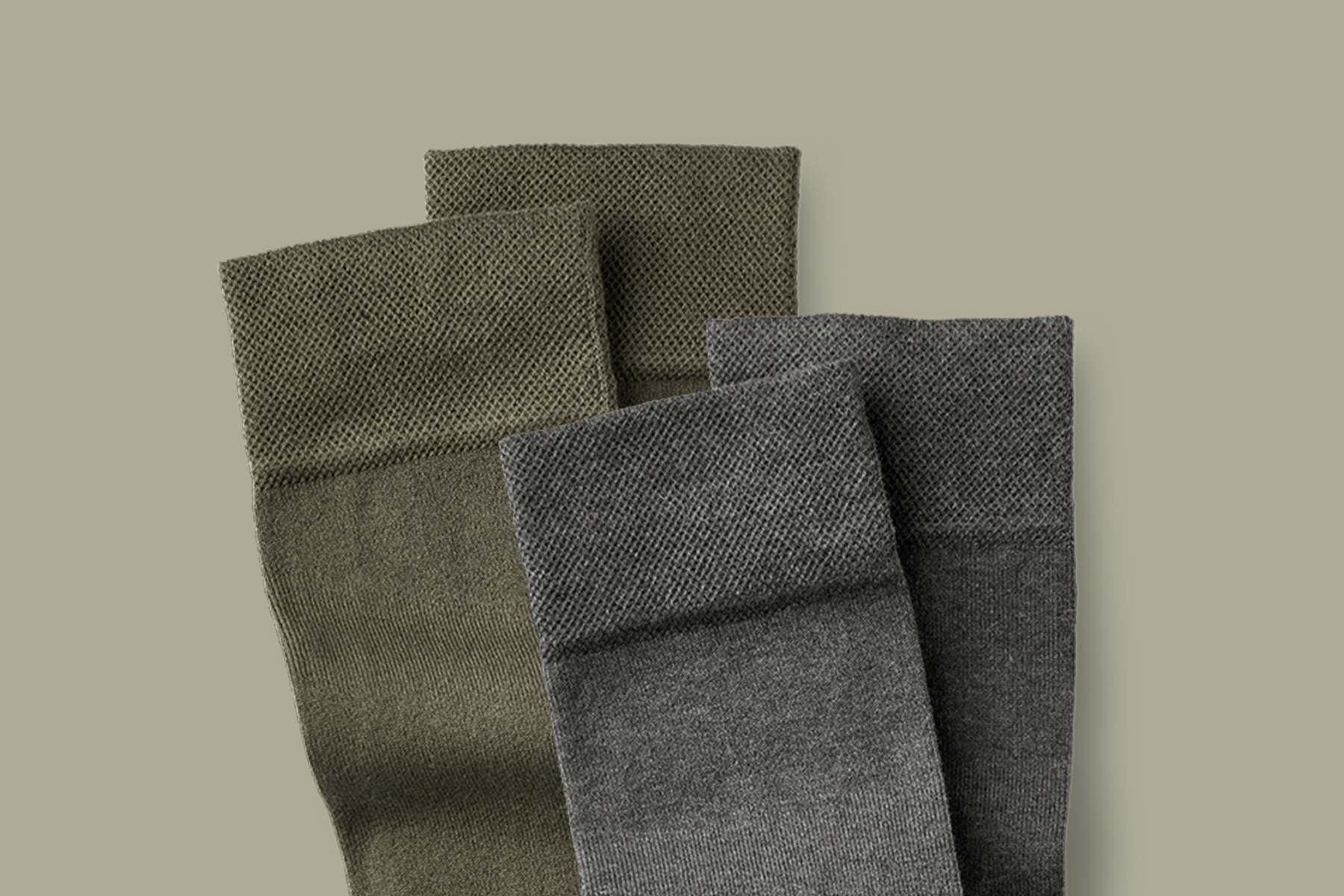
The advantages of organic cotton
Controlled organic cultivation dispenses with harmful measures. This protects the soil and biodiversity and keeps nature in balance.
What you choose when you buy organic cotton:
- Lower ecological footprint
- less water consumption k
- no chemicals or genetically modified seeds
- Protection of the soil and preservation of biodiversity
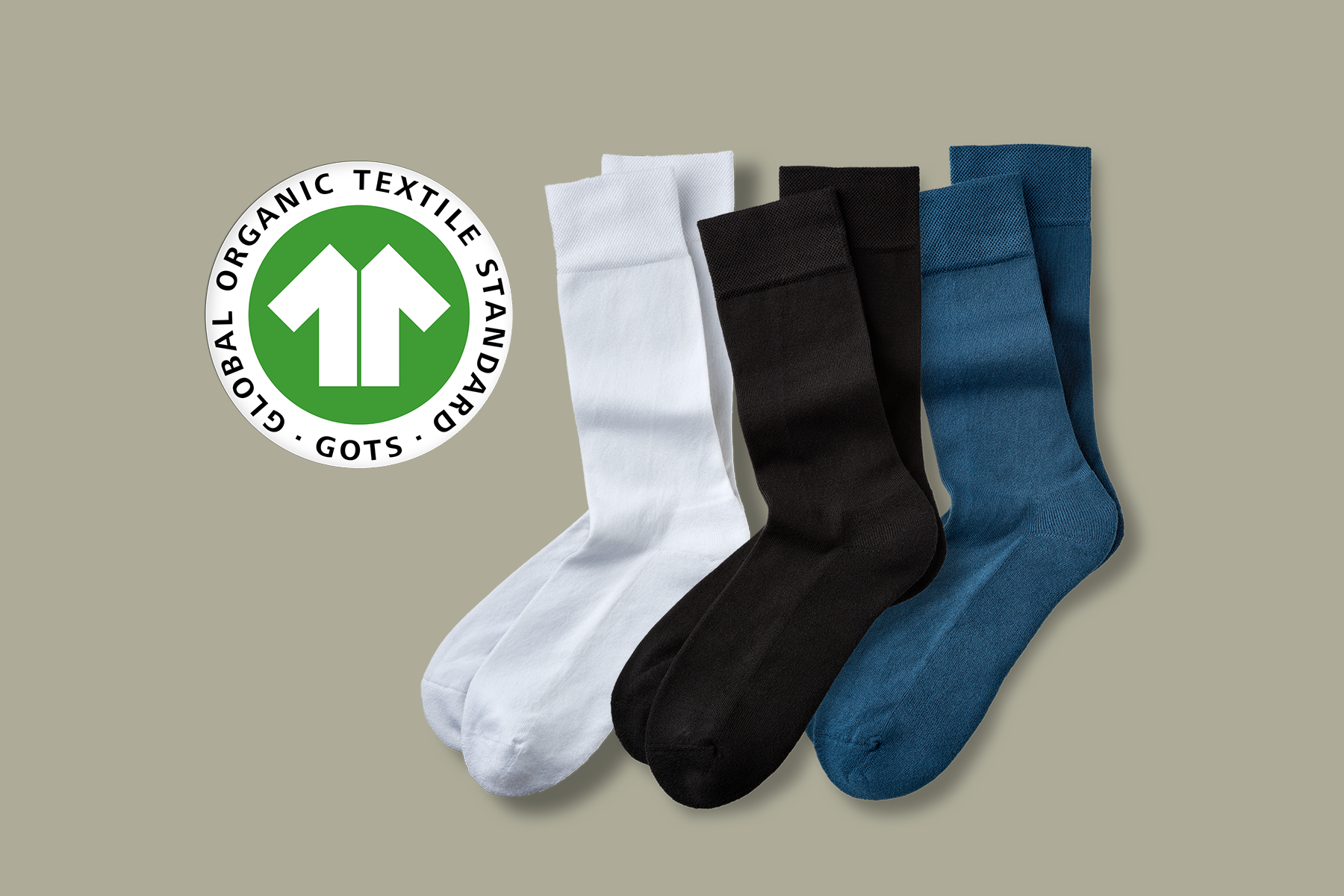
Organic certificates for textiles
The term "organic" is legally protected. A product is only organic if it meets the guidelines of the certificate. As with food, there are also various certificates for textiles.
Once a year, an independent certification body checks whether the product continues to meet the requirements. Well-known seals for organic cotton are, for example
- GOTS® standard
- OCS 100 standard
- kbA (controlled organic cultivation)

Organic cotton according to the GOTS® standard
GOTS® is a leading international standard that sets ecological guidelines for organic textiles. The requirements define the level of the entire textile production process: from cultivation to the processing of the product.
The criteria of the GOTS® standard include, among other things
- Use of natural agents, that protect against pests
- Use of largely renewable resources
- Preservation of the soil fertility
- Testing chemical additives such as colorants for toxicity and biodegradability

Social responsibility
The products are produced according to European standards. The organic cotton comes from Egypt and is processed in northern Italy. We maintain close cooperation with our suppliers.

How to wash organic cotton
Cotton can withstand temperatures of up to 90 degrees. Your organic clothing will not break if you wash it hotter in between. However, the recommendation is 30 degrees. This is gentle on your organic clothing and keeps it looking good for longer.

Our organic cotton products

